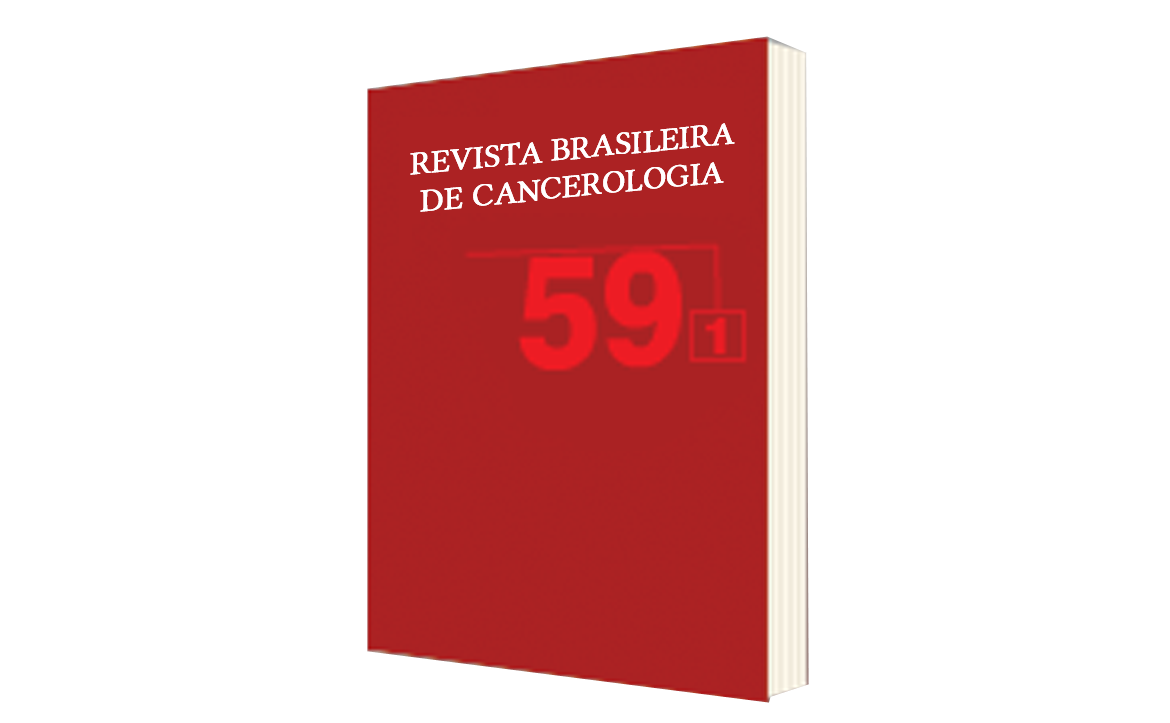Impact of Nutritional Status and Muscle Strength on Global Health and Quality of Life Status in Gastrointestinal and Lung Cancer Patients
DOI:
https://doi.org/10.32635/2176-9745.RBC.2013v59n1.541Keywords:
Gastrointestinal Neoplasms, Lung Neoplasms, Nutritional Status, Muscle Strength, Quality of LiveAbstract
Introduction: Malnutrition is a frequent problem for cancer patients, interfering with their function and quality of life. Objectives: To evaluate the impact of nutritional status and muscle strength on quality of life noticed by gastrointestinal and lung cancer patients suitable to chemotherapy. Method: A cross-sectional study conducted in a chemotherapy service in southern Brazil. Patients had their nutritional status assessed by Body Mass Index and Subjective Global Assessment, muscle function assessed by handgrip strength and the Global Health and Quality of Life Status assessed by the European Organization for Research and Treatment of Cancer – Quality of Life Questionnaire Core-30. Data were analyzed by Stata 11.1™ statistic package. Results: Most patients were men (57.1%), and mean age was 63.9 ±22.6 years old. According to Body Mass Index, about 60% of the sample were eutrophic, but the Subjective Global Assessment found only 13% of the patients were well nourished. The mean quality of life score was 68 ±21.3. The non-dominant handgrip strength mean was 25.7 ±10.1Kgf, and it was not associated to quality of life (p=0.3). The worst nutritional status was associated to poorer quality of life, both assessed by Body Mass Index (p=0.04) or Subjective Global Assessment (p=0.007). Conclusion: There was high malnutrition prevalence according to Subjective Global Assessment and the nutritional status had significant impact on these patients’ Global Health and Quality of Life Status, but muscle strength was not associated.









